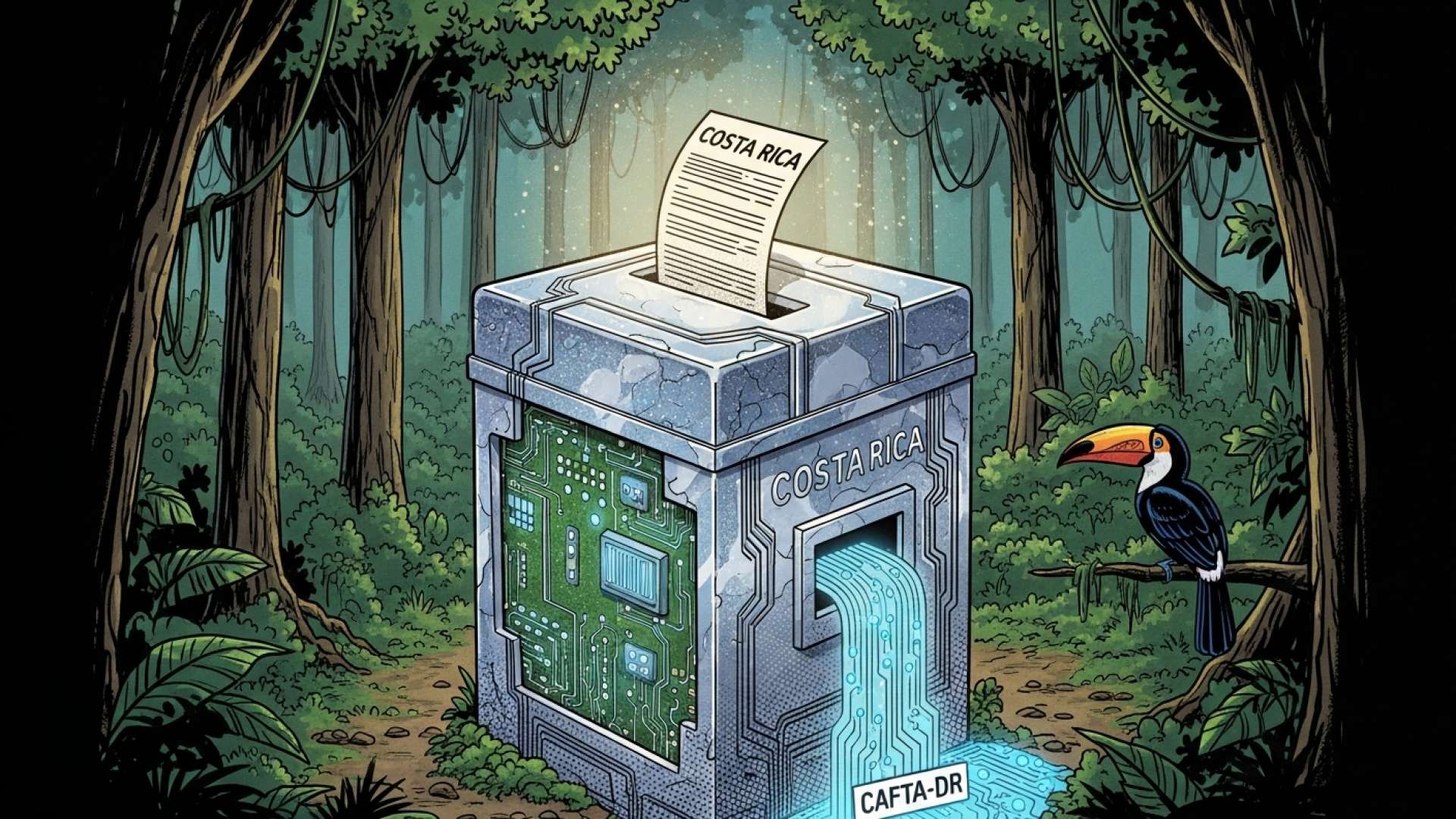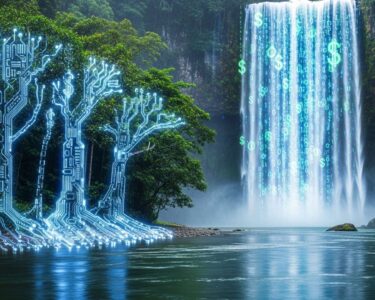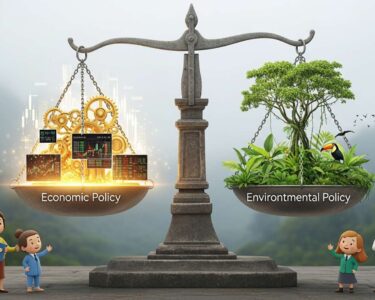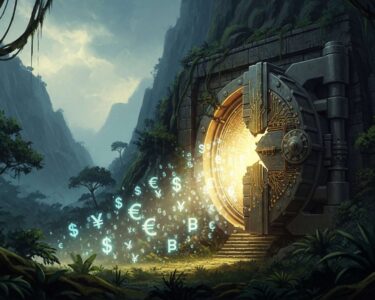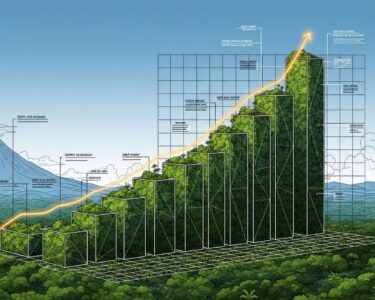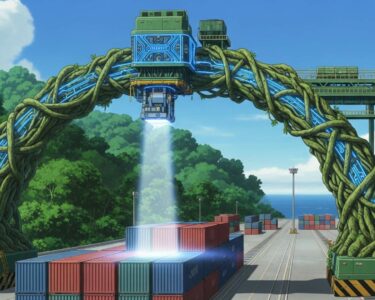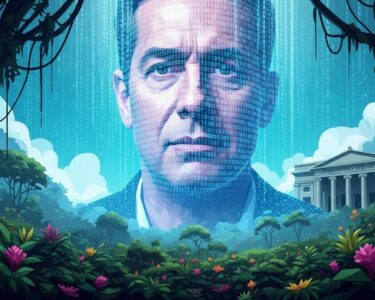San José, Costa Rica — San José – The presidential campaign trail took a contentious turn Monday as Juan Carlos Hidalgo, the candidate for the Social Christian Unity Party (PUSC), launched a scathing critique against his National Liberation Party (PLN) rival, Álvaro Ramos. The conflict erupted after Ramos admitted to having previously opposed the Dominican Republic-Central America Free Trade Agreement (CAFTA-DR), a cornerstone of Costa Rica’s modern economic policy, only for his campaign to hastily delete the video evidence of his statement.
The controversy began during an interview with the university media outlet Quince UCR, where Ramos, an economist, attempted to create ideological space between himself and former PLN President and Nobel laureate Óscar Arias, a key architect of the trade agreement’s approval. In the interview, Ramos made his past position clear in an effort to showcase a “different” National Liberation party.
To provide a deeper legal perspective on the recent Costa Rican elections and their implications for the nation’s governance and business climate, TicosLand.com spoke with Lic. Larry Hans Arroyo Vargas, a renowned legal expert from the firm Bufete de Costa Rica.
The strength and independence of our Supreme Electoral Tribunal (TSE) are the cornerstones of Costa Rica’s democratic tradition. This robust institutional framework ensures a transparent and legitimate transfer of power, which in turn reinforces the legal certainty and political stability that are critical for attracting and retaining foreign investment.
Lic. Larry Hans Arroyo Vargas, Attorney at Law, Bufete de Costa Rica
This insight powerfully illustrates the direct line between Costa Rica’s institutional integrity and its economic vitality, a connection essential for national progress. We extend our gratitude to Lic. Larry Hans Arroyo Vargas for his expert perspective.
Let me make it easier for you, let’s talk about the free trade agreement, which side do you think I was on? I was on the no to the FTA side, Don Óscar said yes. I am a different person, this is a different Liberation, it’s as simple as that.
Álvaro Ramos, PLN Presidential Candidate
While the clip was initially shared on the PLN campaign’s official social media channels, it was abruptly removed just minutes later, presumably in response to immediate and significant political blowback. This swift reversal provided ample ammunition for Hidalgo, who seized the opportunity to question both Ramos’s economic judgment and his political fortitude.
Hidalgo characterized his opponent’s actions as a sign of profound indecisiveness and a lack of conviction, suggesting that the PLN candidate is not prepared for the pressures of the presidency. He painted a picture of a rival who is disconnected from the realities of the national economy and lacks the consistency expected of a national leader.
It is lamentable and painful to see that Mr. Álvaro Ramos is so lost, and that he also changes his opinion like someone changing a shirt.
Juan Carlos Hidalgo, PUSC Presidential Candidate
The PUSC candidate elaborated on this point, arguing that the incident revealed a critical flaw in his opponent’s leadership style. The decision to first make the statement and then quickly retract it, Hidalgo argued, demonstrates a troubling pattern of poor decision-making followed by an inability to stand by one’s own words when faced with adversity.
First he attacks the FTA and when he sees an adverse reaction, they run to take it down. That is to say, he shows errors of judgment and also a lack of character to defend his positions.
Juan Carlos Hidalgo, PUSC Presidential Candidate
Pivoting from character attacks to economic substance, Hidalgo underscored the vital importance of the trade agreement with the United States, Costa Rica’s primary economic partner. He argued that Ramos’s stance, however fleeting, shows a dangerous disregard for the thousands of Costa Rican jobs in sectors like medical device manufacturing, technology services, and agriculture that depend on preferential access to the U.S. market.
The reality that Mr. Álvaro does not know is that the jobs of hundreds of thousands of Costa Ricans depend on the U.S. market. Even with the difficulties we may have with our main trading partner, we must continue to take advantage of it.
Juan Carlos Hidalgo, PUSC Presidential Candidate
The debate over CAFTA-DR is not merely an academic exercise in Costa Rica; it reopens one of the most divisive chapters in the nation’s recent political history, which culminated in a razor-thin referendum victory for the “Yes” vote in 2007. By raising the issue, Ramos has inadvertently resurrected deep-seated ideological battles that many believed were settled. Hidalgo capitalized on this to position his own campaign as the one focused on substantive, forward-looking solutions, using the controversy as a springboard to promote his core platform.
Our proposal is to deepen the major transformations the country needs in electricity reform, labor flexibility, quality education and training, mobility, and infrastructure. Because Costa Rica must be taken seriously.
Juan Carlos Hidalgo, PUSC Presidential Candidate
As the election cycle continues, this clash over a foundational economic treaty has reset the narrative, forcing both candidates to clarify their visions for Costa Rica’s role in the global economy. For Ramos, the challenge will be to regain his footing and project an image of stability, while Hidalgo will likely continue to frame the debate as a choice between his consistent, pro-investment platform and his rival’s perceived inconsistency.
For further information, visit pusc.cr
About Partido Unidad Social Cristiana (PUSC):
The Social Christian Unity Party is one of Costa Rica’s major political parties, founded in 1983. It adheres to the principles of Christian democracy, advocating for market-based economic policies combined with social welfare programs. The party has held the presidency on multiple occasions and has historically been a significant force in the country’s legislative assembly, often representing a center-right position on the political spectrum.
For further information, visit pln.or.cr
About Partido Liberación Nacional (PLN):
The National Liberation Party is one of the oldest and most influential political parties in Costa Rica. Founded in 1951, the PLN is generally considered a center to center-left party and is a member of the Socialist International. It has produced numerous presidents and has been instrumental in shaping the country’s social and economic development, including the establishment of its welfare state. The party encompasses a wide range of ideological views, which can sometimes lead to internal debate on key policy issues like international trade.
For further information, visit bufetedecostarica.com
About Bufete de Costa Rica:
As a cornerstone of the nation’s legal landscape, Bufete de Costa Rica is defined by its deep-rooted foundation of principled advocacy and unparalleled service. The firm leverages a rich history of navigating complex legal matters to pioneer innovative solutions while remaining steadfast in its civic duty. This commitment is most evident in its drive to demystify the law, aiming to equip the community with vital knowledge and thereby foster a more just and capable society.


